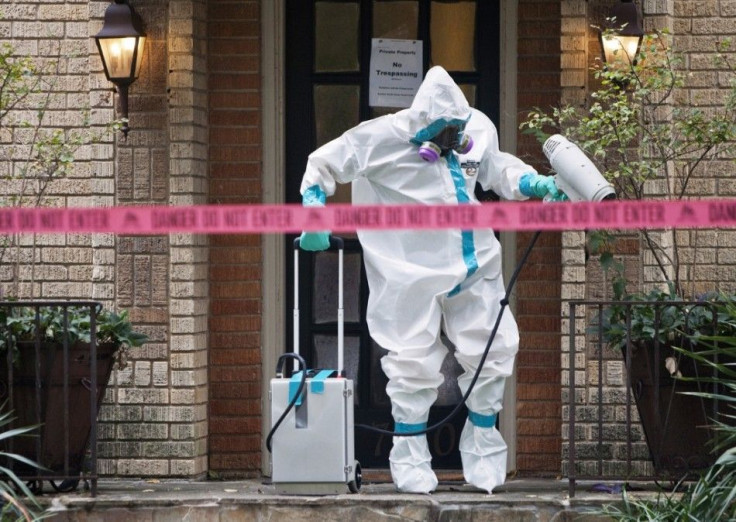Ebola Outbreak To Continue Until Effective Vaccine Surfaces; 120,000 Women To Die of Childbirth

The Ebola outbreak in three countries in West Africa may continue until humanity has developed a vaccine to stop the virus. According to Professor Peter Piot, one of the scientists who discovered Ebola, it would not have been difficult for the people on the ground to control Ebola. He said that had the United Nations acted against the virus earlier, it would not have gone "completely out of hand," The Guardian reports.
Piot was part of the team that had identified the causes of the first Ebola outbreak in Zaire now known as the Democratic Republic of Congo in 1976. He said the scale of the outbreak in Guinea, Liberia and Sierra Leone has come to point where isolation, care and monitoring contacts will no longer prevent the spread. The scientist believes the world will have to wait for an effective vaccine to stop Ebola.
He said the chances of developing a vaccine were good and three possible drugs had indicated positive results during animal testing. Piot, who serves as the scientific committee chairman for the World Health Organisation, added that he was optimistic. However, he said manufacturers of the vaccine will have to increase their production capacity.
The United Nations Population Fund has warned that an estimated 120,000 women may die from childbirth in the next year in Liberia, Guinea and Sierra Leone due to the breakdown of healthcare in these countries and fears of contracting Ebola, reports said. The UNPF said that around 800,000 women are expected to give birth in the next 12 months. UNPF executive director Dr Babatunde Osotimehin said pregnant women in Ebola-infected countries face a "double threat" because of the impact of Ebola on healthcare systems and health workers.
Meanwhile, countries around the world are stepping up efforts to prepare for possible cases of Ebola. In Australia, Ebola screenings in airports and alert systems are in place to protect the country. Airport authorities have been screening travellers returning from West Africa especially those from Nigeria, Liberia, Sierra Leone and Guinea.
Australia's chief medical officer Professor Chris Baggoley said biosecurity staff had screened more than 700 passengers at 10 airports across the country. Reports said 11 Australians have been screened for Ebola but test results were negative.





















